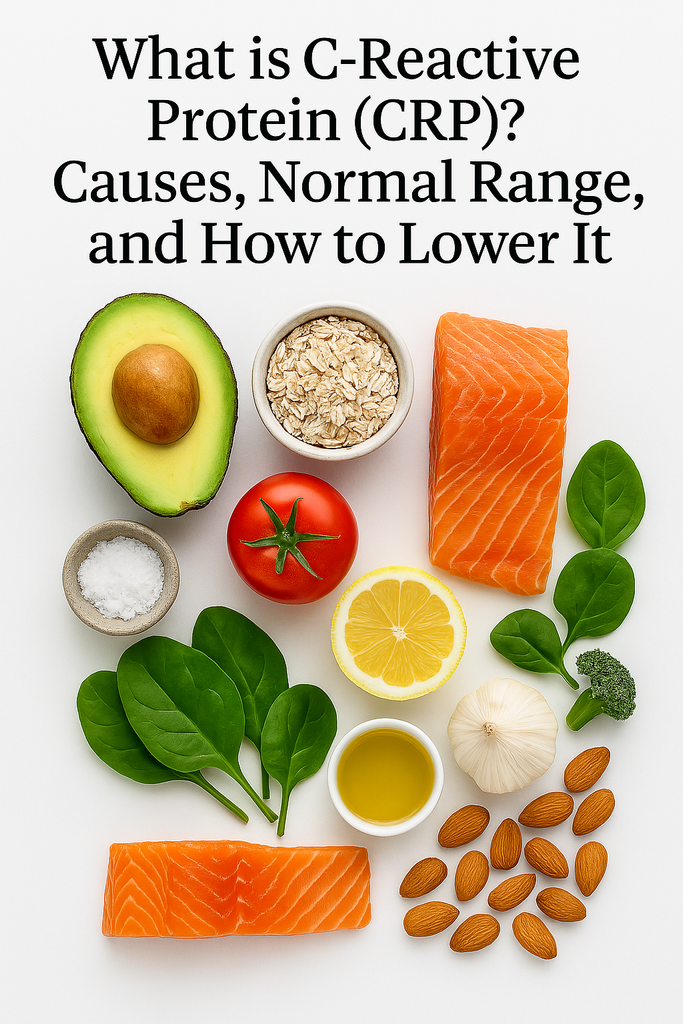News — CRP and heart disease
What is C-Reactive Protein (CRP)? Causes, Normal Range, and How to Lower It
anti-inflammatory diet C-reactive protein cardiovascular inflammation causes of high CRP CRP and autoimmune disease CRP and fitness CRP and heart disease CRP levels explained CRP test high CRP levels how to interpret CRP how to lower CRP hs-CRP inflammation blood test inflammation markers liver and CRP natural ways to reduce CRP normal CRP range supplements for CRP what is CRP
C-reactive protein (CRP) is a marker of inflammation in the body that’s gaining widespread attention in both medical and wellness communities. Produced by the liver, CRP levels rise in response to inflammation—whether it’s from a minor infection, chronic disease, or cardiovascular issue. Measuring CRP can provide vital insight into your risk for heart disease, autoimmune disorders, and overall health status.
But what exactly does your CRP level mean? What causes it to rise, and most importantly, how can you bring it down naturally? In this guide, we’ll explore the science of CRP, the health conditions associated with elevated levels, and proven strategies to keep inflammation—and CRP—in check.

